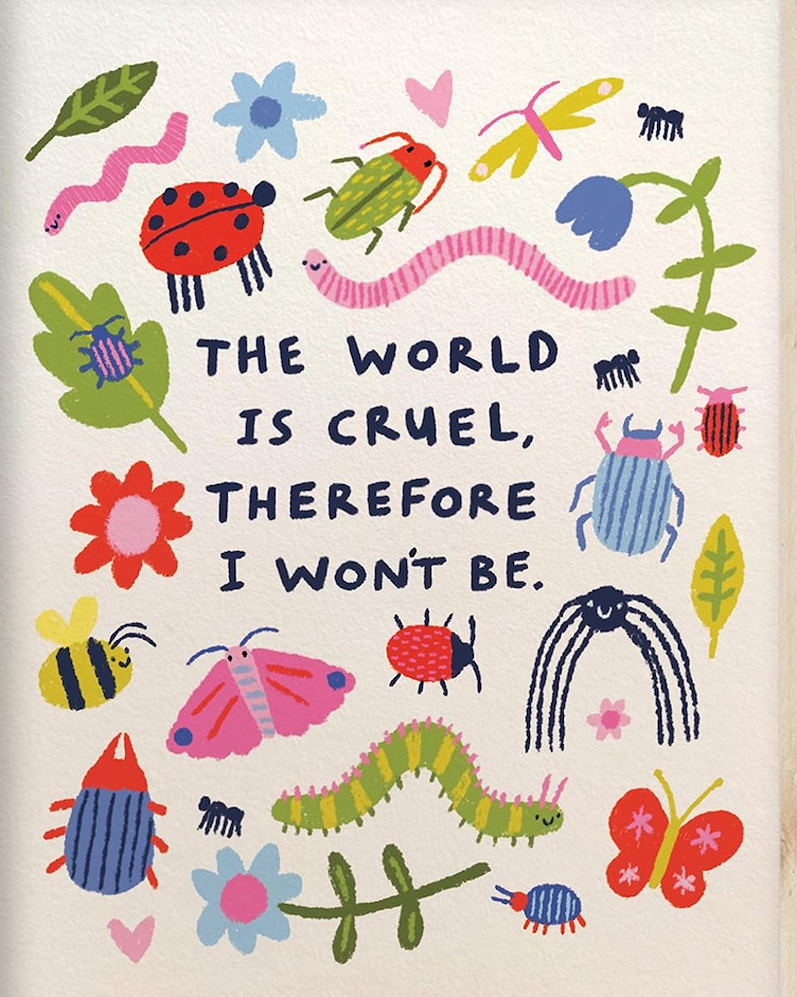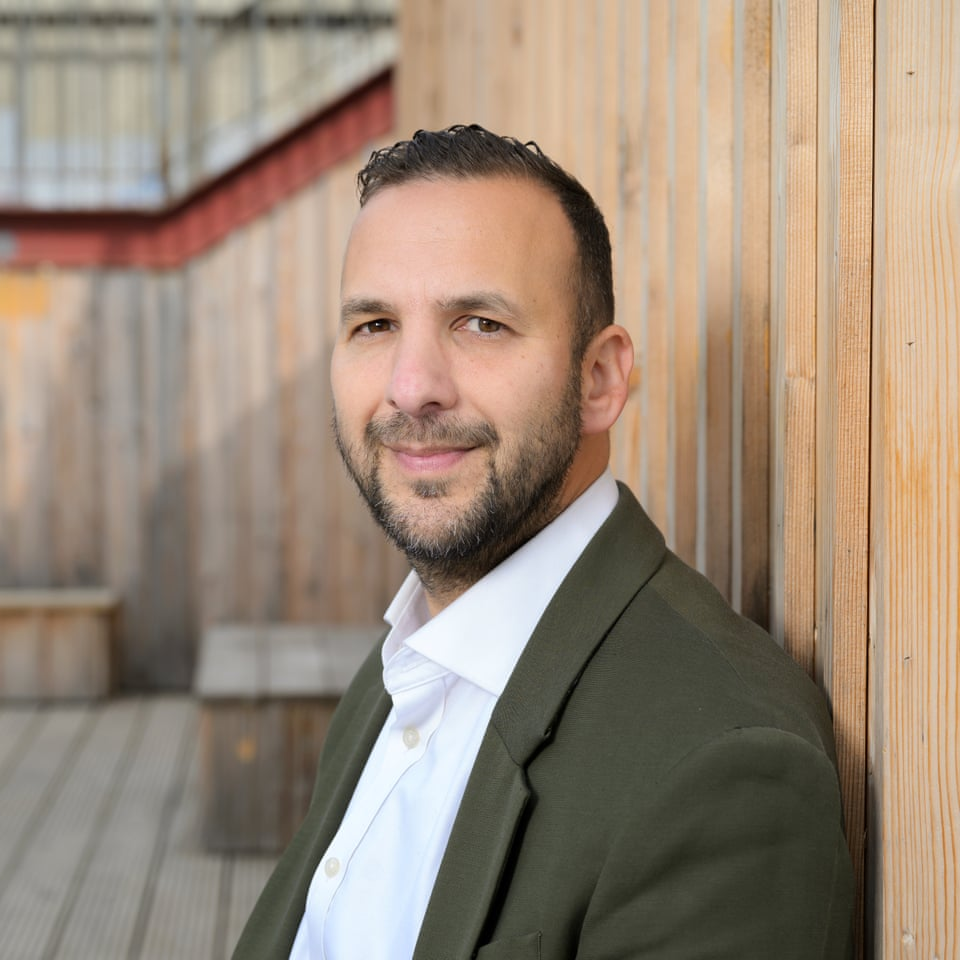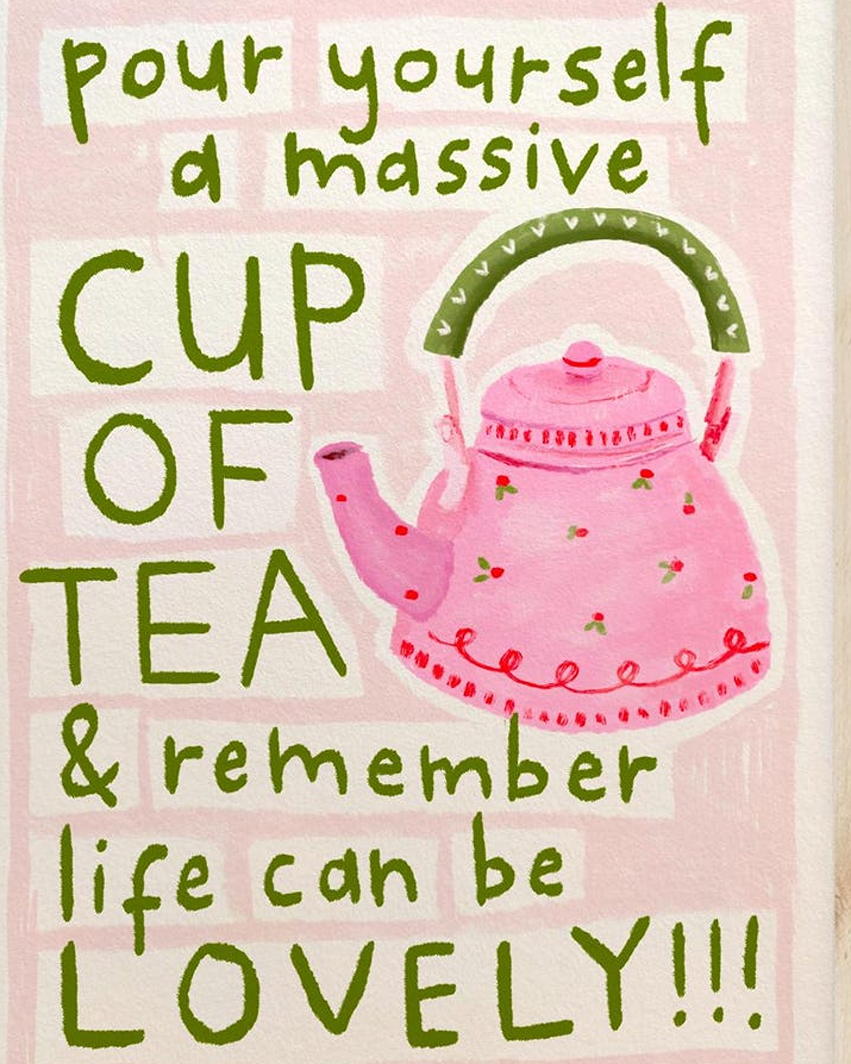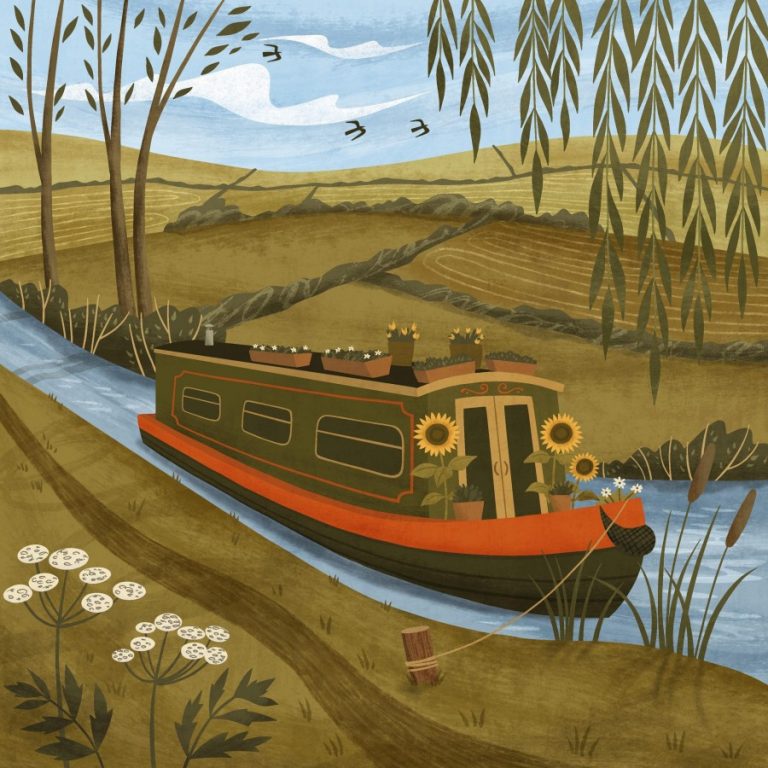
England has had three main political parties for decades (Conservatives, Labour and Lib Dems). In the last year or so, things have rapidly changed, with Reform UK now the most popular party, and the Greens quickly equalling Lib Dems in terms of popularity, and even having more members. Combined, Greens and Lib Dems are now more popular than the Conservatives, which look like they are finished, unless something drastically changes.
So what is the real story? Of course, England presently has a first-past-the-post voting system, so unless things change to fairer voting (like the Single Transferable Vote), a government can be formed without having the popular vote (as happened at the last election). Although Labour won by a landslide, only around a third of the voting public elected them.
This has been the case for most governments over the last century, with Conservatives winning nearly all the previous elections. It presently would look like Reform UK to become the government at the next election, but a week is a long time in politics. There is now a real possibility based on current opinion polls, of a hung parliament with the Lib Dems, Greens and possibly other fringe parties sharing power.
Of course, there is also another view that governments don’t usually change things anyway (or often make things worse). But we do get governments, whether we like it or not. So it pays to try to choose a good one.
Media Coverage of Political Parties
What is very concerning is media bias. No organisation (including newspapers owned by billionaire media barons) has the right to tell other people how to vote, but that’s what they do. Get your coverage from citizen-funded Byline Times instead, where you’ll find the real news, not just media soundbites, dictated by MPs, ads or media barons. Recent articles feature:
- Concern of GB News’ daily program from Washington, featuring climate denial, vaccine misinformation and non-stop praise for Trump (who says the ‘UK has to be saved’).
- Concern over the BBC cancelling an in-depth interview with Green leader Zack Polanski (the only party during conference season not to have one, despite Greens now having more members than Lib Dems). The reason given was that reporting had to focus on the Manchester terrorist attack (but Zack is both Jewish and from Manchester).
- Reporting on Lib Dems’ Balance the BBC petition, asking for fair coverage. Despite only having a few opposition MPs, Nigel Farage accounts for 60% of BBC website’s mentions of opposition leaders (when not fawning over Trump, you’d think we live in the USA).
- Concern over BBC reporting on Gaza-Israel, never mentioning war crimes, nor report on the selling of arms by the UK government to Israel, which have been used to drop bombs on children’s hospitals and aid workers.
What Are Main Voter Concerns?
- Of course it’s true that illegal immigration is a big worry, though experts already have come up with good solutions, to keep legal migration and stop illegal immigration.
- The cost of living crisis is also big, many people in full-time work cannot afford rent or mortgage, leading to food and fuel poverty and even homelessness.
- The climate crisis is now a real concern, as we are now seeing real results from ignoring climate change (frequent floods to heatwaves and wildfires).
- Safe communities (from reducing domestic crime to stopping terrorism).
- The NHS has soaring costs and lack of investment in preventive health. GP appointments and bed-blocking are issues, but so is lack of vision like walkable communities, public parks and protecting nature, all good for physical and mental health.
- Another big issue is trust. Governments of both colours have diminished trust through unfair voting systems, milking the system and being responsible for various scandals over recent years, from expenses to lying during COVID to various individual circumstances, which never seem to lead to immediate resignations or sackings.
What Are Reform UK Policies?

Beavers at risk from Reform UK (Holly Astle)
Reform UK of course is known for its policies on illegal immigration, but it does have other policies. A few are good (scrapping HS2 which Barn Owl Trust says is ‘a very expensive way of killing owls’), reducing bureaucracy and protecting pensioners. But it also has some very concerning policies including:
Ignoring the Paris Climate Agreement by drilling for more North Sea oil and gas, which will lead to more natural disasters (floods, heatwaves, wildfires, rising sea levels, oil spills). Conservatives are going the same way, though it looks like they are finished as a party anyway, so their policies are no longer really relevant.
The party wants to stop rewilding (leaving land to nature to restore endangered wildlife) to turn land over to agricultural land for farmers. We can still support nature-friendly farming, without making dormice and water voles going extinct.
Protecting ‘country sports’ which means a return to animal hunting (which again causes floods by removing endangered peat bogs, for grouse shooting). Over-breeding of pheasants also leads to a huge number of car accidents.
Trickle-down economics (tax cuts for the rich to provide jobs for the poor) never works. Rather than pursuing economic growth, progressive countries in Scandinavia (and Costa Rica) have switched to a Happiness Index, which focuses on quality of life. A Basic Income would enable carers, parents, part-time workers and volunteers to live well, creating a ”people’s army’ to become the great nation that Reform UK presumably wants us to be.
Support for zero hour contracts, which avoids sick pay and protection for workers, who need stable incomes and contracts. In order to secure mortgages and pay rent.
Fast-tracking nuclear energy, so antiquated and dangerous, that England’s only remaining plant (Sellafield in Cumbria) is being decommissioned, which will take decades. Austria and New Zealand have no nuclear power, investing in walkable communities and organic local food, for economies that need far less oil.
The promise to bring down energy bills by £500 from unlocking oil and gas reserves could still be achieved by creating skilled jobs to insulate all older homes.
Could the Greens Overtake Reform?

It’s possible. The recent election of new Greens leader Zack Polanski has steamrollered them into a position unthinkable a few years back. The party membership has grown from just under 60,000 to almost 90,000 within a year, and it’s gone from 2% polling around 10% of the electoral, and having 4 MPs (just one less than Reform in October 2025).
Interestingly, leader Zack Polanski says he understands why people vote Reform, and aims to sweep up disillusioned voters at the next election. Two days after winning the leadership election, he visited Nigel Farage’s constituency in Clacton-on-Sea, and said he was surprised to learn that most local Reform UK supporters not only backed a wealth tax, but also ‘safe legal routes for people on boats’, which is official Green Party policy.
On telling one Reform supporter about its policies for ‘zero hour contracts that means dismissed staff can be taken back with worse pay and conditions’, the voter was aghast. Saying he had thought that the party was supposed to be ‘standing up for British people’.
This is what happens when the mass media never challenges policies of political parties.
Current party membership levels in October 2025 are:
- Labour 309,000
- Reform UK 250,000
- Conservative 123,000
- Greens 88,000
- Lib Dems 60,000
With support surging for Greens and Lib Dems, we could be looking at a left-leaning hung parliament, especially if the new Your Party takes off. YouGov polling in July 2025 found that 18% of the UK electorate would be open to voting for this new party co-led by Jeremy Corbyn, and 31% would be open to voting for a united ticket between it and the Greens. The party was formed by members of the Independent Alliance, a small group of MPs that sit in the House of Commons but do not support any particular political party.
YouGov found 25% of under-30s said they would never vote Labour. In the year since the election, Labour has gone from dominating the youth vote, to being a three-way race with Greens and Lib Dems. Reform (despite the headlines) isn’t even close. University of Exeter
In September 2025, voting intentions of the UK electorate look like this:
- Reform 34%
- Labour 22%
- Conservative 14%
- Greens 12%
- Lib Dems 12%
- Other 6%
So if you do the maths, you can see that it’s perfectly possible that a combination of the smaller parties could (with a few more votes) overtake Reform UK. There is real change happening here, so it pays to stay positive!

A man was on his first day out of prison, to work in a bakery. He arrived, terrified of his new life. He was a little late, because it had been years since he’d used public transport, and there was a cup of tea waiting for him. A simple act of kindness, from one stranger to another.
That’s what this country is, when it’s at its best. It’s thoughtful, it’s considerate and it’s kind. Hateful, divisive politics is on the ballot paper. We can and must reject that. Let’s instead look after each other. Let’s go! Zack Polanski, Green Party leader






